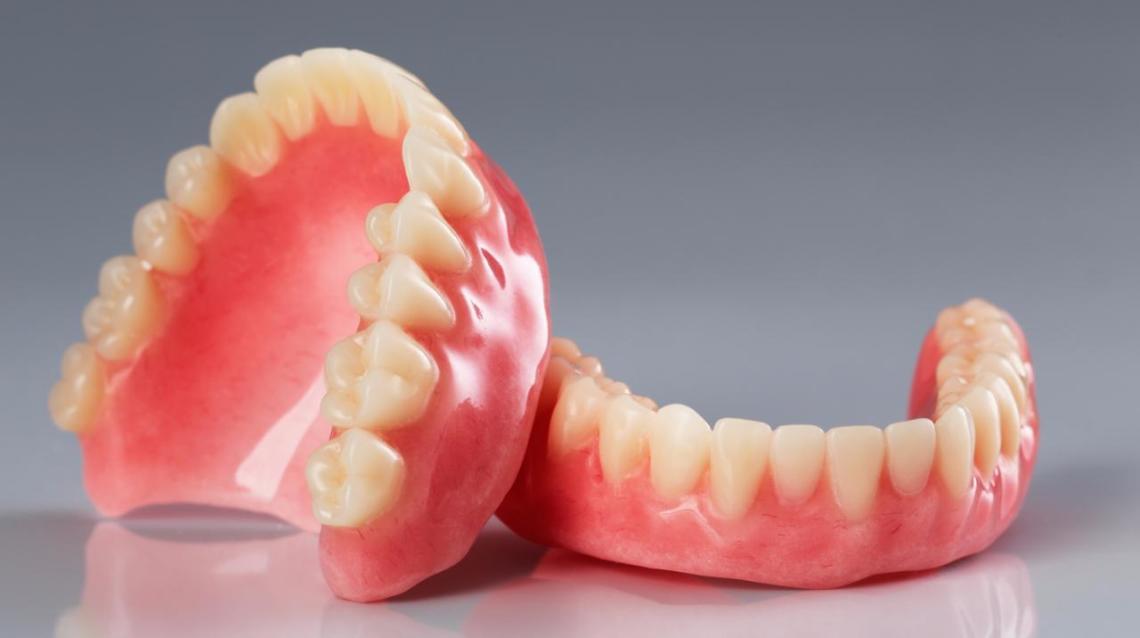What Hurts Lingual Nerve Wisdom Tooth? Pain Relief
The lingual nerve, a branch of the mandibular division of the trigeminal nerve, plays a crucial role in conveying sensory information from the anterior two-thirds of the tongue, including taste and general sensation. However, its proximity to the wisdom teeth (third molars) can sometimes lead to complications, particularly during wisdom tooth extraction or due to the impaction of these teeth. When the lingual nerve is hurt or damaged in the context of wisdom teeth, it can lead to significant discomfort and sensory alterations, which may include numbness, tingling, or pain in the tongue.
Causes of Lingual Nerve Damage Related to Wisdom Teeth
Surgical Complications: The most common cause of lingual nerve damage related to wisdom teeth is during their surgical removal. The nerve’s close proximity to the roots of the lower wisdom teeth increases the risk of injury, especially if the nerve is anatomically variable or if there is limited access and visualization during surgery.
Impaction: When a wisdom tooth does not have enough room to come in normally or develops in an abnormal position, it can press against the lingual nerve, causing discomfort or pain. This pressure can lead to temporary or, in rare cases, more permanent nerve damage.
Infection or Inflammation: Infections or severe inflammation associated with an impacted wisdom tooth can spread to the surrounding tissues, including the lingual nerve, causing pain and discomfort.
Symptoms of Lingual Nerve Damage
- Numbness or Tingling: Many people experience numbness or a tingling sensation on the tongue, which can be temporary but, in some cases, may last longer.
- Pain: There can be pain or a burning sensation in the area of the tongue supplied by the lingual nerve.
- Altered Taste: Since the lingual nerve carries taste fibers from the anterior two-thirds of the tongue, damage can result in altered taste perception.
- Discomfort: Eating, drinking, or speaking may become uncomfortable due to the sensory changes or pain.
Pain Relief for Lingual Nerve Damage
Medical Consultation: The first step is to consult with a dentist or an oral surgeon to assess the extent of the damage and receive a proper diagnosis. They can provide guidance on the best course of action for relief.
Pain Management Medications: Over-the-counter pain relievers like ibuprofen or acetaminophen can help manage pain. In some cases, prescription medications might be necessary.
Corticosteroids: To reduce inflammation and swelling, corticosteroids may be prescribed, either systemically or injected locally.
Topical Anesthetics: For temporary relief from pain or discomfort, topical anesthetics can be applied to the affected area of the tongue.
Rest and Recovery: Allowing the area to heal and minimizing activities that aggravate the condition can help in recovery.
Professional Follow-Up: Regular follow-up with a dental professional is crucial to monitor the healing progress and address any complications promptly.
Prevention
While not all instances of lingual nerve damage can be prevented, careful planning and execution of wisdom tooth removal by an experienced oral surgeon can minimize the risk. The use of advanced imaging techniques, such as 3D CT scans, can help in understanding the relationship between the wisdom teeth and the surrounding nerves, guiding safer surgical approaches.
Conclusion
Lingual nerve damage associated with wisdom teeth, while distressing, can often be managed with appropriate medical intervention and care. Early consultation with a dental professional is key to addressing symptoms and preventing further complications. By understanding the causes, symptoms, and management strategies for lingual nerve damage, individuals can better navigate these situations and seek the necessary relief and care.
What are the common symptoms of lingual nerve damage after wisdom tooth extraction?
+Common symptoms include numbness, tingling, pain, or altered taste on the tongue. These symptoms can vary in severity and duration, depending on the extent of the nerve damage.
How long does it take for the lingual nerve to heal after damage during wisdom tooth surgery?
+The healing time can vary significantly from person to person. In some cases, recovery may occur within a few weeks, while in other instances, it may take several months. Complete recovery is not guaranteed, and the outcome depends on the severity of the nerve damage.
Can lingual nerve damage from wisdom teeth be prevented?
+While not all cases can be prevented, the risk of lingual nerve damage can be minimized by having an experienced oral surgeon perform the extraction, using advanced imaging to understand nerve location, and carefully planning the surgical approach.

